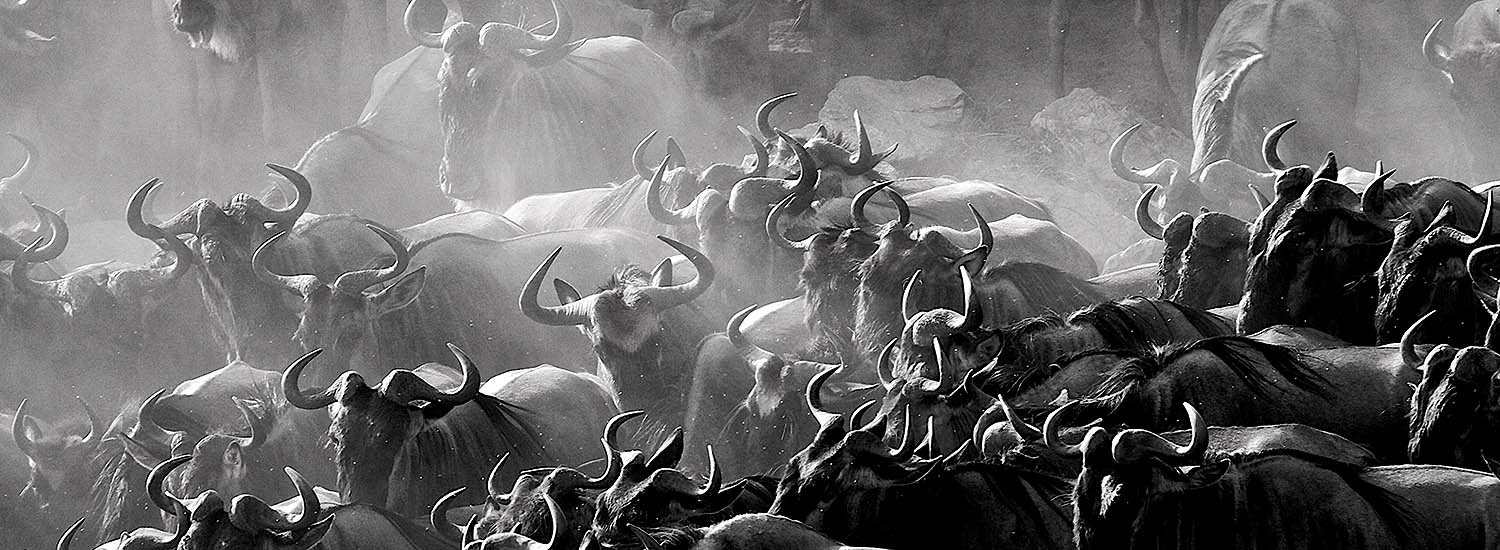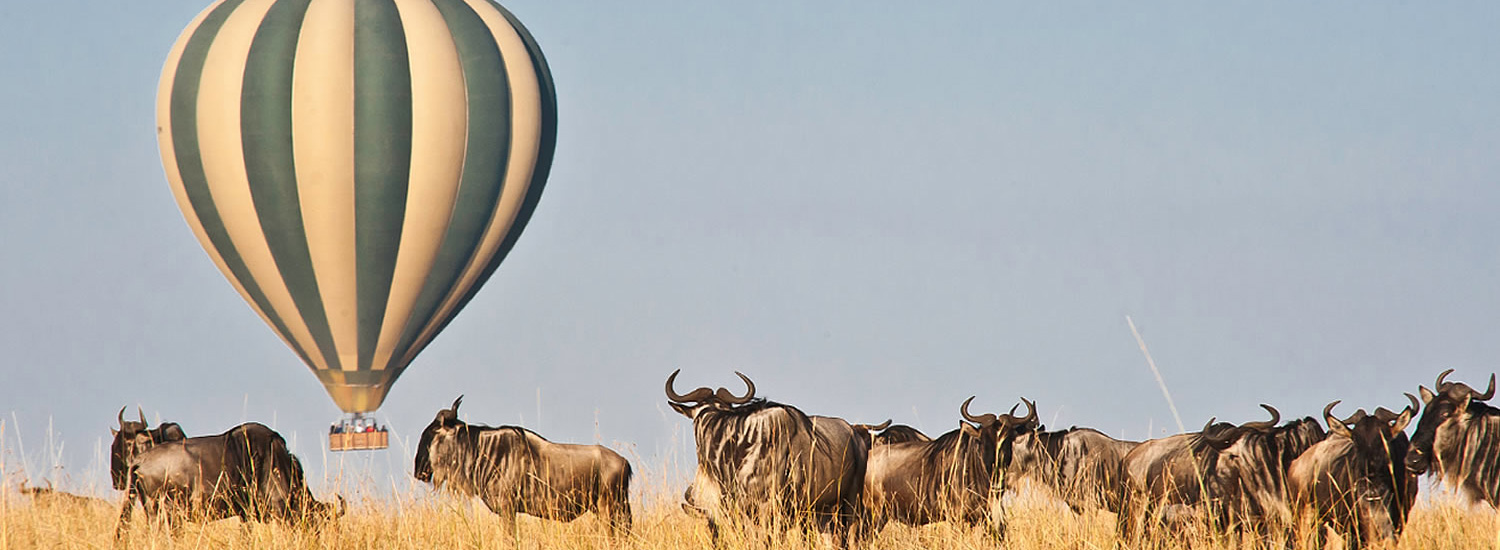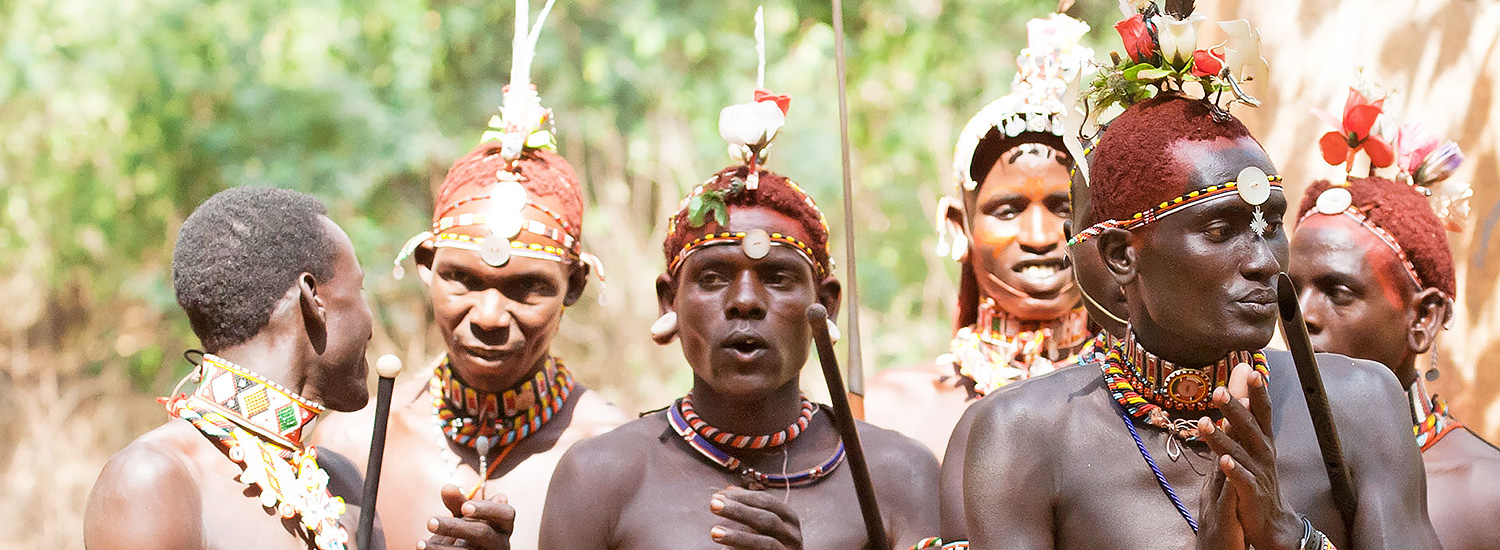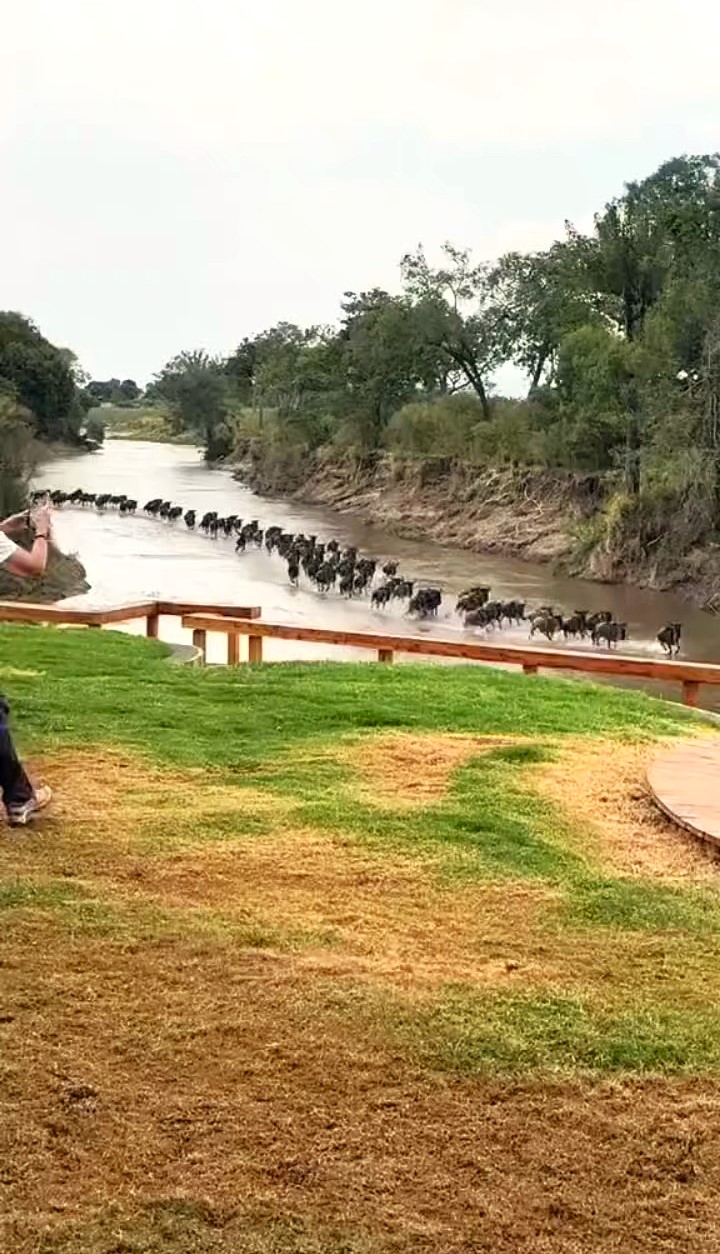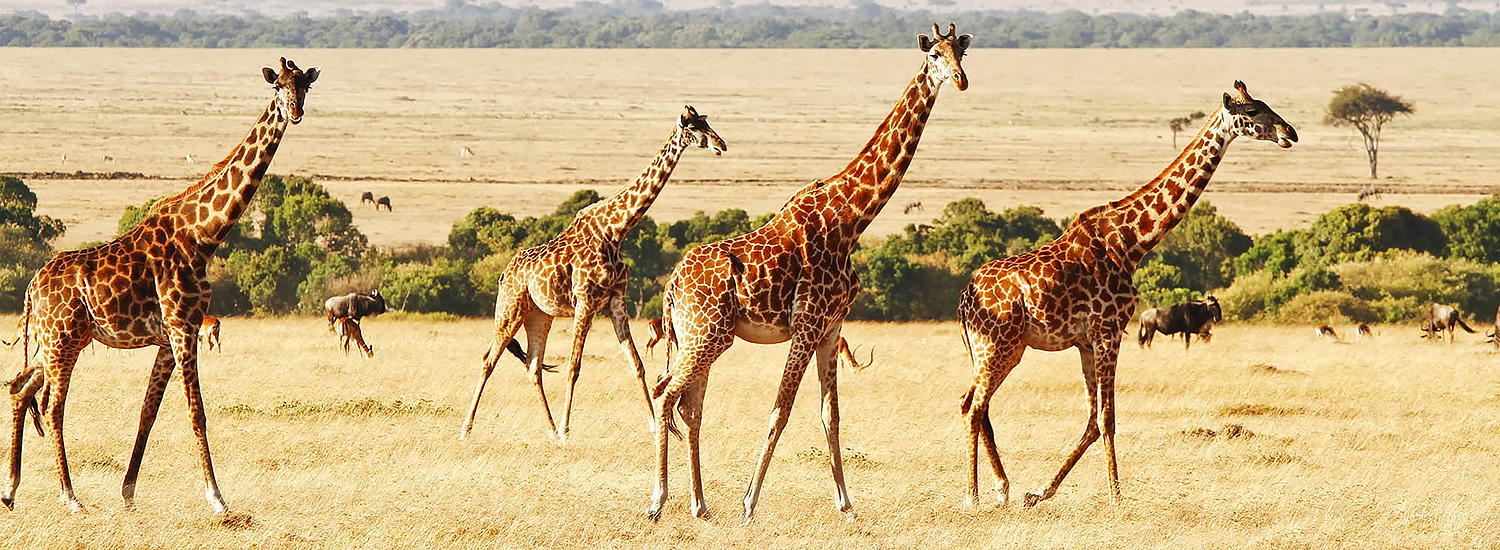
Mount Elgon is an extinct shield volcano on the border of Uganda and Kenya, north of Kisumu and west of Kitale.
It is the oldest and largest solitary volcano in East Africa, covering an area of around 3500 km².
Other features of note are:
The mountain soils are red laterite. The mountain is the catchment area for the several rivers such as the Suam River which becomes the Turkwel downstream and which drains into Lake Turkana, the Nzoia River and the Lwakhakha which flow to Lake Victoria. The town of Kitale is in the foothills of the mountain. The area around the mountain is protected by two Mount Elgon National Parks one on each side of the international border.
Some rare plants are found on the mountain, including Ardisiandra wettsteinii, Carduus afromontanus, Echinops hoehnelii, Ranunculus keniensis, and Romulea keniensis.
In 1896, C. W. Hobley became the first European to circumnavigate the mountain. Kmunke and Stigler made the first recorded ascent of Wagagai and Koitobos in 1911. F. Jackson, E. Gedge, and J. Martin made the first recorded ascent of Sudek in 1890. The main peak is an easy scramble and does not require any special mountaineering skills.
The mountain is named after the Elgeyo tribe, who once lived in huge caves on the south side of the mountain.
It was known as “Ol Doinyo Ilgoon” (Breast Mountain) by the Maasai and as “Masaba” on the Ugandan side.
Mt. Elgon consists of five major peaks:
Mount Elgon is a massive solitary volcanic mountain on the border of eastern Uganda and western Kenya. Its vast form, eighty kilometers in diameter, rises 3070m above the surrounding plains, providing welcome relief in more than one sense of the word. Its mountainous terrain introduces variety to an otherwise monotonous regional landscape. Its cool heights offer respite for humans from the hot plains below and its higher altitudes provide a refuge for flora and fauna.
Mount Elgon is home to three tribes, the Bagisu, the Sabiny and the Ogiek, better known in the region under the derogatory umbrella term Ndorobo. The Bagisu and Sabiny are subsistence farmers and conduct circumcision ceremonies every other year to initiate young men (and in the Sabiny’s case, girls) into adulthood. Traditionally, the Bagisu, also known as the BaMasaba, consider Mount Elgon to be the embodiment of their founding father Masaba, and you may hear the mountain called by this name. Local people have long depended on forest produce and have made agreements with the park to continue to harvest resources such as bamboo poles and bamboo shoots (a local delicacy). The Ogiek used to be hunters and honey gatherers, but have become more sedentary in recent decades, and have partially been moved downward by the government.
Booking is easy! Simply provide the necessary details. Our team will guide you through the booking process and answer any questions you have.
Have more questions? Feel free to reach out to our friendly customer support team. We're here to make your tour experience smooth and memorable!
We understand that circumstances can change. Our cancellation and change policies vary based on the tour and destination. Please review the specific terms in our booking policy or contact our team for assistance.
Our tour packages typically include* accommodations, transportation, guided tours, and specified activities. We provide transparent details about inclusions and exclusions to help you make informed decisions.
*Individual tour details may change.

